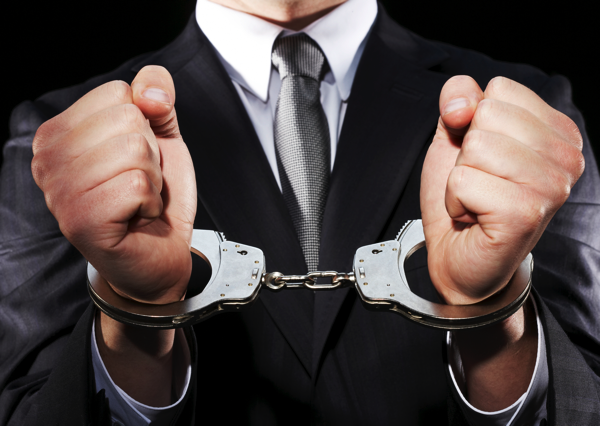When is a safety incident a crime? Would making it a corporate crime improve corporate and management behavior?
I think we all agree that a fatality is a very unfortunate event. But it may not be a criminal act.
When one asks after an accident if a crime has been committed, the answer depends on the country where the accident occurred. A crime in China may not be a crime in the UK. A crime in the UK may not be a crime in the USA. And a crime in the USA may not be a crime in China.
Even experts may disagree on what constitutes a crime. For example, University of Maryland Law Professor Rena Steinzor wrote an article on her blog titled: “Kill a Worker? You’re Not a Criminal. Steal a Worker’s Pay? You Are One.” Her belief is that Du Pont and Du Pont’s managers should have faced criminal prosecution after an accident at their LaPorte, Texas, facility. She cited behavior by Du Pont’s management as “extraordinarily reckless.”
OSHA Chief David Michaels disagrees with Professor Steinzor. He is quoted in this article as saying during a press conference that Professor Steinzor’s conclusions and article are “… simply wrong.”
The debate should raise a significant question: Is making an accident – especially a fatal accident – a corporate crime a good way to change corporate/management behavior and improve worker safety?
Having worked for Du Pont back in the late 1980s, I know that management was very concerned about safety. They really took safety to heart. I don’t know if that attitude changed as Du Pont transformed itself to increase return on equity … Perhaps they lost their way. But would making poor management decisions a crime make Du Pont a safer place to work?
Making accidents a crime would definitely make performing an accident investigation more difficult. Would employees and managers cooperate with ANY investigation (internal, OSHA, or criminal) IF the outcome could be a jail sentence? I can picture every interviewee consulting with their attorney before answering an investigator’s question.
I believe the lack of cooperation would make finding and fixing root causes much more difficult. And finding and fixing the root causes of accidents is extremely important when improving safety. Thus, I believe increased criminalization of accidents would actually work against improving safety.
I believe that Du Pont will take action to turn around safety performance after a series of serious and sometimes fatal accidents. I think they will do this out of concern for their employees. I don’t think the potential for managers going to jail would improve the odds that this improvement will occur.
What do you think? Do you agree or disagree? Or better yet, do you have evidence of criminal proceedings improving or hindering safety improvement?
Let me know by leaving a comment below.




